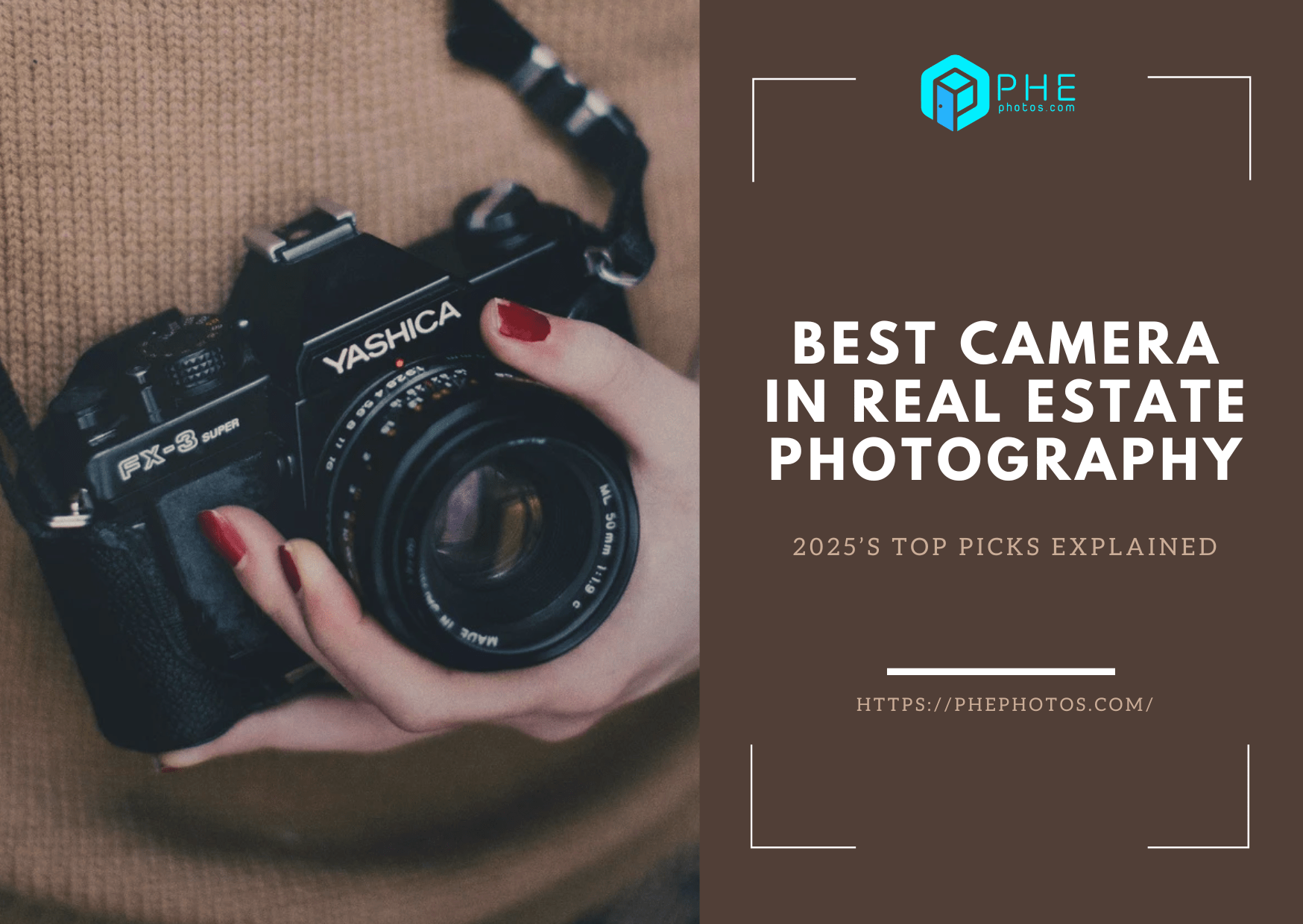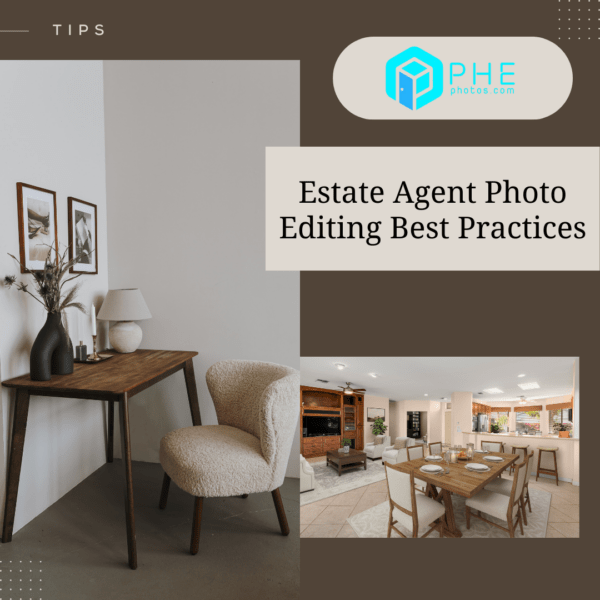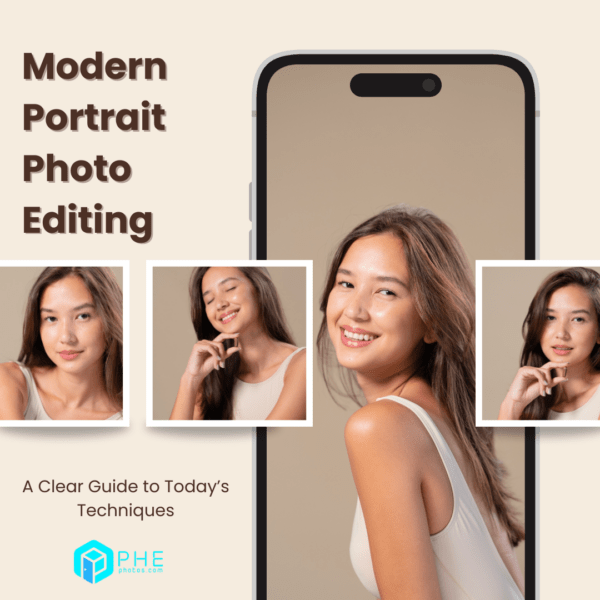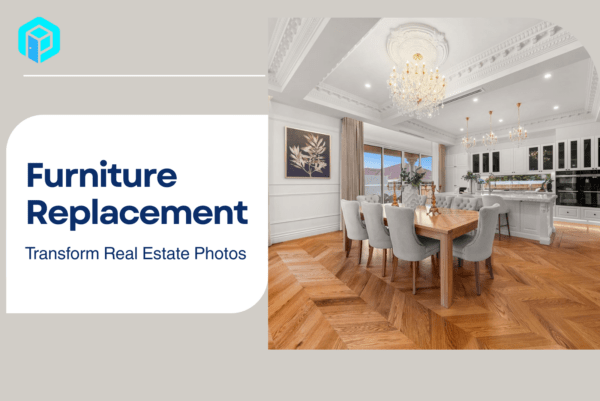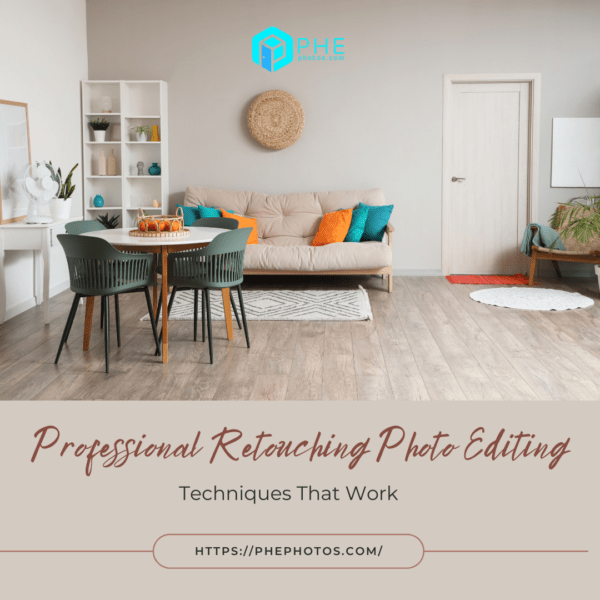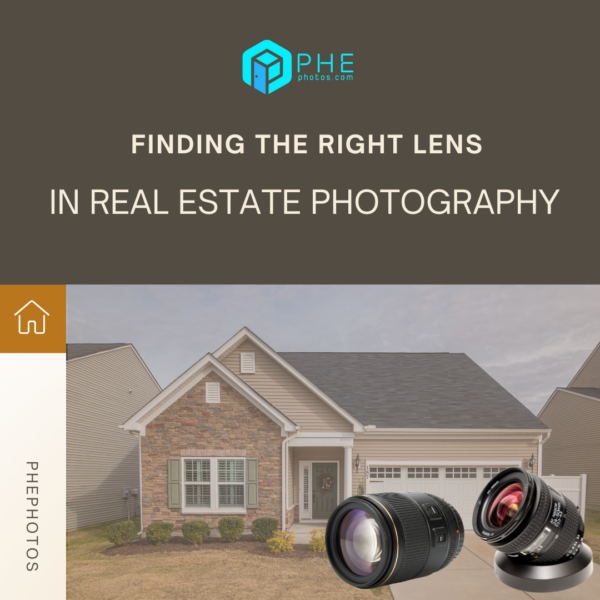The Best Camera in Real Estate Photography: 2025’s Top Picks Explained
Do you know the best camera in real estate photography today? The answer depends on how you shoot, your budget, and what level of detail your clients expect. In fact, a great real estate photo can sell a home faster than any description. But behind every beautiful image is a camera that performs perfectly under pressure. Whether you’re photographing a sunlit living room or a dark hallway, your camera must deliver sharpness, clarity, and balance. In 2025, new camera models are changing the game for photographers everywhere.
Let’s explore the best options, the features that matter, and a few pro insights to help you decide wisely.
Why the Camera Still Matters in 2025
Smartphones have improved dramatically, but a dedicated camera still wins in real estate work. Why? Because property photography relies on precision. Wide rooms, high windows, and tricky lighting challenge even the best phone sensors.
A professional camera captures every detail—the shine on countertops, the texture of hardwood floors, and the warmth of natural light. Additionally, cameras give you better control over exposure, bracketing, and depth, all crucial for stunning interior shots.
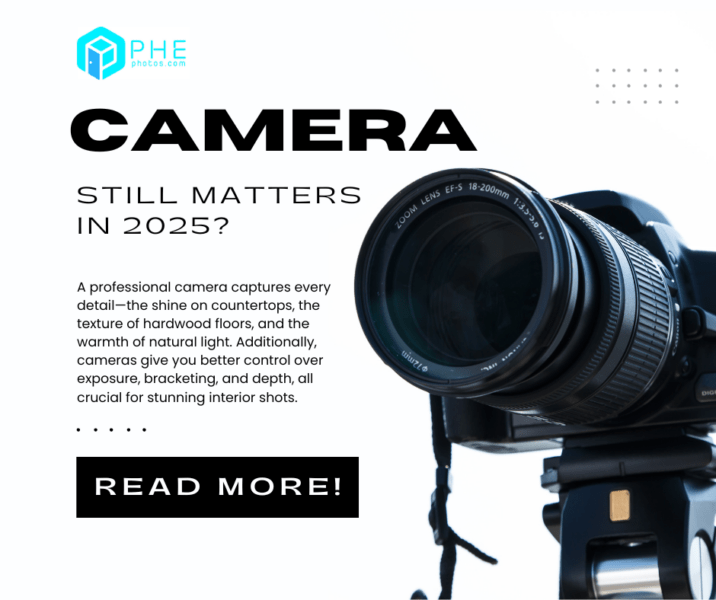
Features That Define a Great Real Estate Camera
1. High Dynamic Range
Homes often mix bright sunlight and deep shadows. A wide dynamic range ensures both highlights and shadows retain detail.
2. Resolution That’s Just Right
You don’t need 60 megapixels to impress buyers. Around 24–33 megapixels is ideal. It gives you detail for cropping but keeps file sizes manageable.
3. Low-Light Capability
Some rooms have little natural light. A camera that handles ISO 1600–3200 cleanly helps keep noise low and colors accurate.
4. Wide Lens Compatibility
The magic happens with wide lenses. Choose a camera system with quality 14mm–24mm or 16mm–35mm options.
5. Fast Workflow Support
Tethering, wireless transfer, and intuitive menus help save editing time. Real estate photography is often about efficiency, not just art.

The Best Cameras for Real Estate Photography in 2025
1. Sony A7 IV – The All-Around Winner
Sony continues to dominate the mirrorless market. The A7 IV blends a 33MP full-frame sensor with superb autofocus and color accuracy. It also offers in-body image stabilization and dual card slots. For real estate pros, that means reliability on every shoot.
Why it stands out:
- Excellent detail and low noise
- Great lens ecosystem
- Perfect for both photos and 4K video tours
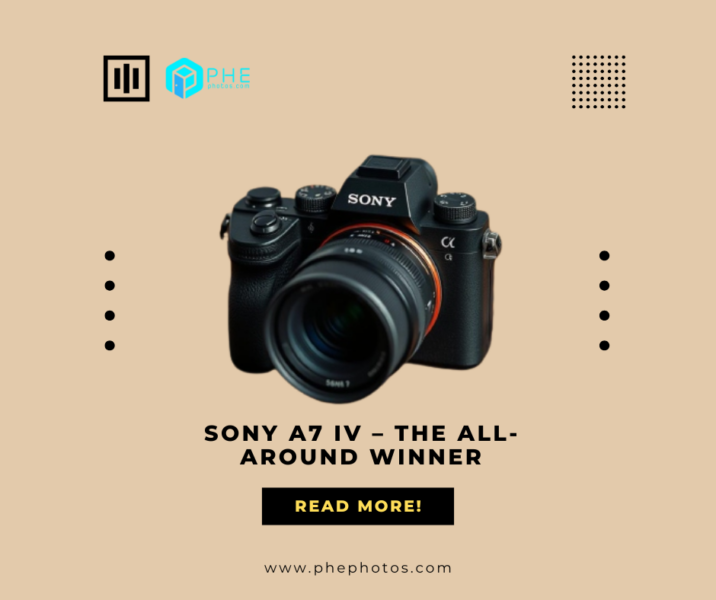
2. Canon EOS R6 Mark II – The Reliable Performer
Canon’s EOS R6 II is a dream for real estate shooters. It has a fast processor, outstanding Dual Pixel autofocus, and smooth color tones. Even better, it excels in low-light interiors without heavy post-processing.
Why it’s popular:
- Outstanding autofocus accuracy
- Strong ISO performance
- Works well with RF 14–35mm and RF 15–30mm lenses
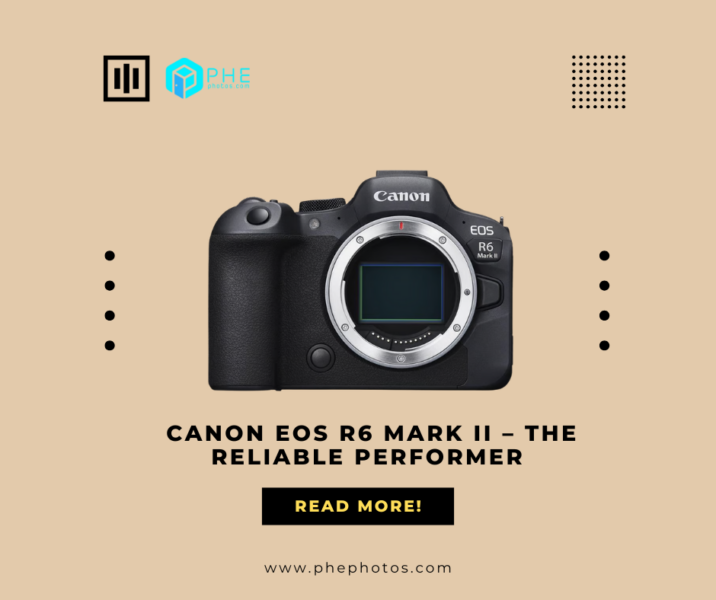
3. Nikon Z6 III – The Balanced Contender
Nikon’s Z6 III strikes a nice balance between cost and capability. It offers full-frame image quality and reliable autofocus, with a user interface many photographers love.
Why it’s trusted:
- Durable, weather-sealed body
- Wide dynamic range
- Excellent for HDR shooting

4. Fujifilm X-T5 – Compact and Creative
If you prefer a smaller setup, the X-T5 is worth a look. Though it has an APS-C sensor, its 40MP resolution delivers crisp, detailed interiors. It’s light, affordable, and perfect for real estate photographers who travel often.
Why it shines:
- Great color science
- Lightweight body
- Ideal for handheld shooting
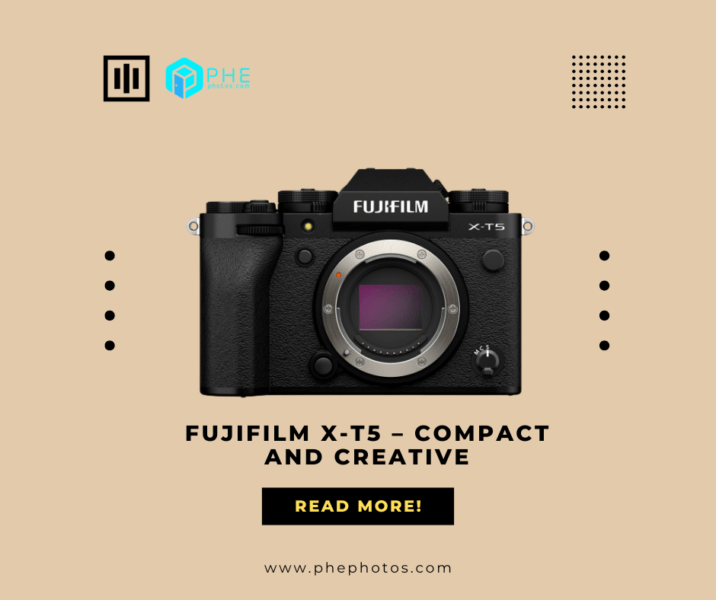
5. Panasonic Lumix S5 II – For the Hybrid Shooter
Real estate agents increasingly want video tours, and the S5 II delivers both photo and video quality. Its color tone, 6K video option, and strong stabilization make it versatile.
Why it’s trending:
- Excellent for mixed photo-video work
- Compact but professional design
- Affordable full-frame performance
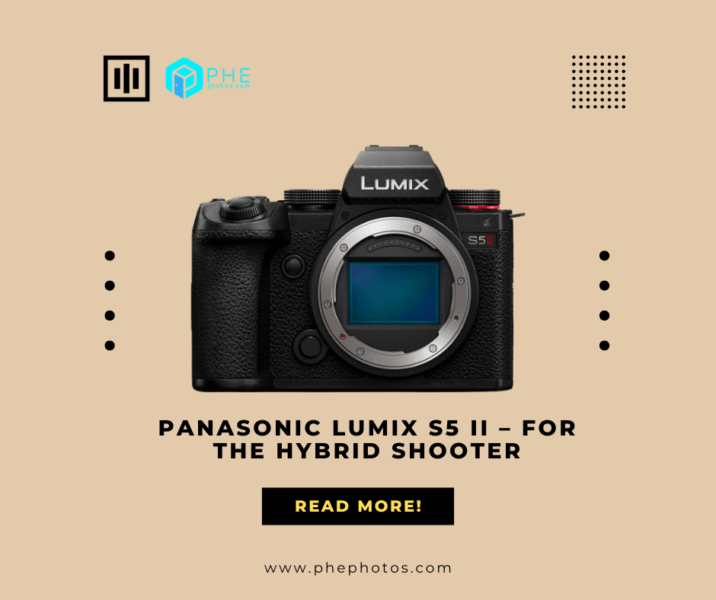
How to Choose the Best Fit for You
Before buying, ask yourself a few honest questions:
- Do I need video features?
If yes, look for 4K 60fps capability and great autofocus tracking. - Am I shooting large luxury spaces?
Then go full-frame for better depth and lighting flexibility. - Do I often shoot alone or travel?
Compact bodies like the Fujifilm X-T5 or Lumix S5 II are easier to manage.
Also, consider your post-production workflow. A camera that connects smoothly to editing software or tethering apps can cut hours off your turnaround time.
Expert Tip: Lenses Matter More Than Bodies
Even the best camera in real estate photography can’t fix a poor lens choice. Wide-angle lenses reveal space and light, but quality matters. A sharp lens like the Canon RF 15–35mm f/2.8 or Sony 16–35mm f/4 G creates cleaner edges and more natural perspectives.
Also, avoid ultra-wide lenses under 12mm unless you know how to correct distortion. Realistic proportions build trust with clients.
The Future of Real Estate Photography
Artificial intelligence now plays a growing role in camera technology. Many 2025 models feature AI-based autofocus, subject recognition, and in-camera HDR blending. These tools simplify shooting in complex lighting conditions.
Still, the photographer’s eye remains the most important tool. Composition, timing, and lighting choices transform good gear into great results.
As the real estate market becomes more visual, your camera is both a creative partner and a business investment.
Final Thoughts
The best camera in real estate photography isn’t always the most expensive. It’s the one that lets you work fast, shoot sharp, and create images that inspire buyers.
If you want a future-proof choice, the Sony A7 IV or Canon R6 Mark II lead the pack. But if portability or budget matters more, the Fujifilm X-T5 or Lumix S5 II won’t disappoint.
Ultimately, the right camera should feel like an extension of your vision. The perfect shot starts not just with great equipment, but with how you see a space.
Read more:
White Balance Photoshop Tips for Perfect Colors
2025’s Top Video Editing Software: A Comprehensive Guide for Creators
How to Take Real Estate Photos Like a Pro

